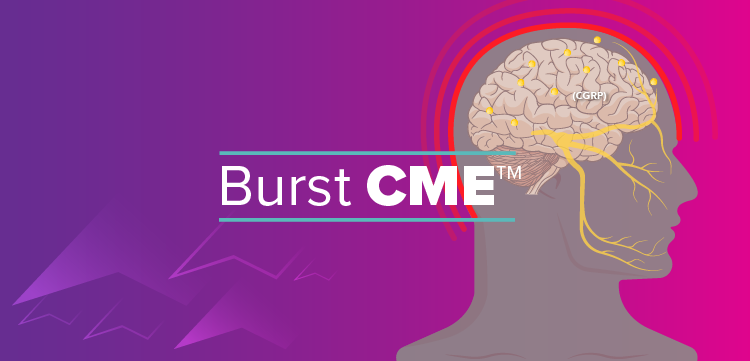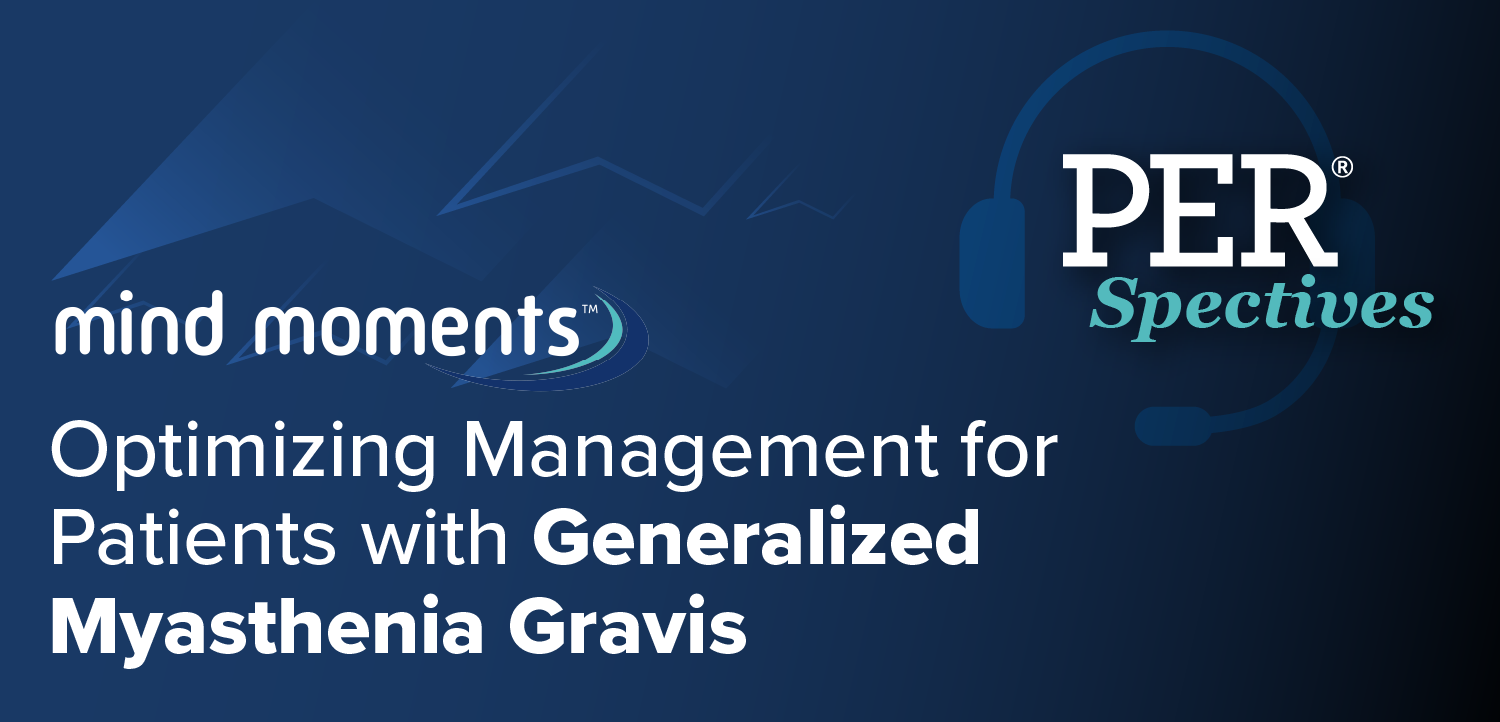Commentary|Videos|August 22, 2024
Development of the DAAE Score for Predicting Progression in Multiple Sclerosis: Tom Fuchs, MD, PhD
The postdoctoral researcher at Amsterdam University Medical Center talked about the development of the DAAE score, a tool for predicting the risk of transition to secondary progressive multiple sclerosis. [WATCH TIME: 8 minutes]
Advertisement
WATCH TIME: 8 minutes
"There's constraints that prevent us from translating our science to the clinical environments, and if we want to build clinical tools that can be translated and immediately useful, we really have to take those constraints seriously. "
Research shows that secondary progressive multiple sclerosis (SPMS) is associated with worse prognosis, thus, usage of an early predictive tool may be beneficial for clinicians in the clinical setting for estimating risk of the disease. Recent findings published in Multiple Sclerosis and Related Disorders showed that the DAAE score , a newly developed clinical tool, estimated patient risk to transition to SPMS consistently across datasets internationally over a 5-year period. These results suggest that the DAAE score is an easy-to-use tool; however, it may need additional validation in larger cohorts to be used for clinical risk estimation in MS.1
In the study, lead author Tom Fuchs, MD, PhD , and colleagues performed a retrospective analysis of data between 1994 and 2022 from the Jacobs Multiple Sclerosis Center and the Multiple Sclerosis Center Amsterdam. Patients included had clinically diagnosed MS, no other neurologic disorder, age 18 or older, had relapsing-remitting MS at baseline, multiple clinical assessments, and at least 1-year longitudinal clinical follow-up. This study included a development, internal-validation, and external-validation dataset, of which patients had a median age of 44.1/42.4/36.6 and disease duration of 7.7/6.2/4.4 years, respectively.
Fuchs, a postdoctoral researcher of the MS Center at Amsterdam University Medical Center, recently had a conversation with NeurologyLive® to talk about the key predictors used in the DAAE score for assessing the risk of transition to SPMS. During the interview, he also discussed how the DAAE score compares with existing predictive tools in terms of usability and accuracy in MS. Further into the discussion, Fuchs spoke about future developments that may be planned to enhance the DAAE score’s ability to support personalized MS treatment.
REFERENCES
1. Fuchs TA, Zivadinov R, Pryshchepova T, et al. Clinical risk stratification: development and validation of the DAAE score, a tool for estimating patient risk of transition to secondary progressive multiple sclerosis. Mult Scler & Relat Disord. 2024;89:105755. doi:10.1016/j.msard.2024.105755
Newsletter
Keep your finger on the pulse of neurology—subscribe to NeurologyLive for expert interviews, new data, and breakthrough treatment updates.
Advertisement
Related Articles
 NeurologyLive® Friday 5 — September 12, 2025
NeurologyLive® Friday 5 — September 12, 2025September 12th 2025
 Expanding the Alzheimer Drug Development Pipeline
Expanding the Alzheimer Drug Development PipelineSeptember 12th 2025
Latest CME
Advertisement
Advertisement
Trending on NeurologyLive
1
FDA Hands Complete Response Letter to SL1009 for Pyruvate Dehydrogenase Complex Deficiency
2
Expanding the Alzheimer Drug Development Pipeline
3
Shared Decision-Making and Ethics in Complex Neurology Clinical Research: Paul Ford, PhD
4
Patient-Reported Study Identifies Common Symptoms and Timing During Migraine Prodrome
5













































